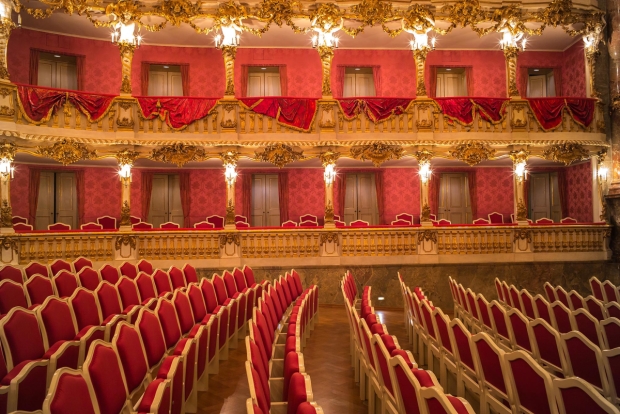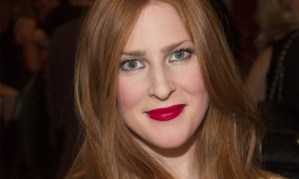Income from musicals rises while play income decreases UK Theatre report finds
Data released by UK Theatre shows that there has been an increase of over £32 million in the annual income from musicals over the last three years

There has been an increase of over £32 million in annual income from musicals in the UK between 2013 and 2016, while the income for plays decreased in 2016, according to UK Theatre's sales data report.
The report, which takes data from the years 2013 to 2016 finds that in 2016 39p in every £1 taken at the box office was for a musical.
Although ticket sales for plays saw strong growth in 2014 and 2015, this was reversed in 2016, which saw a decrease in total box office income of over £10 million. This was due to lower sales in presenting houses. There were 500,000 fewer tickets for plays sold and almost 800 fewer performances compared to 2015.
The report takes data supplied by UK Theatre member venues and captures around 90 per cent of activity at UK Theatre venues who are not members or affiliate members of SOLT.
Overall, the findings show that there was growth across all sectors with more productions, performances, tickets sold, income, fuller houses and higher prices paid.
Box office income grew by 18 per cent over the three years, increasing from £396,912,018 in 2013 to £469,991,837 in 2016.
The average ticket price paid increased by 9.7 per cent. The average price asked in 2013 was £22.08, which increased to £24.68 in 2016. There was a 42 per cent increase in box office income for family theatre, while there was a 47 per cent increase in sales revenue from concerts. In 2016 concerts overtook pantomime as the third highest performing genre across UK Theatre venues.
Fiona Allan, president of UK Theatre said: "Our sector has many reasons to be cheerful. This report is a vote of confidence for the industry in challenging times. We’re continuing to attract audiences, and as an industry we’re showing remarkable resilience during a time of unprecedented financial pressure. These figures demonstrate the vital importance of the arts to the national economy, and show that theatre remains a popular and important part of our cultural life in the UK."















